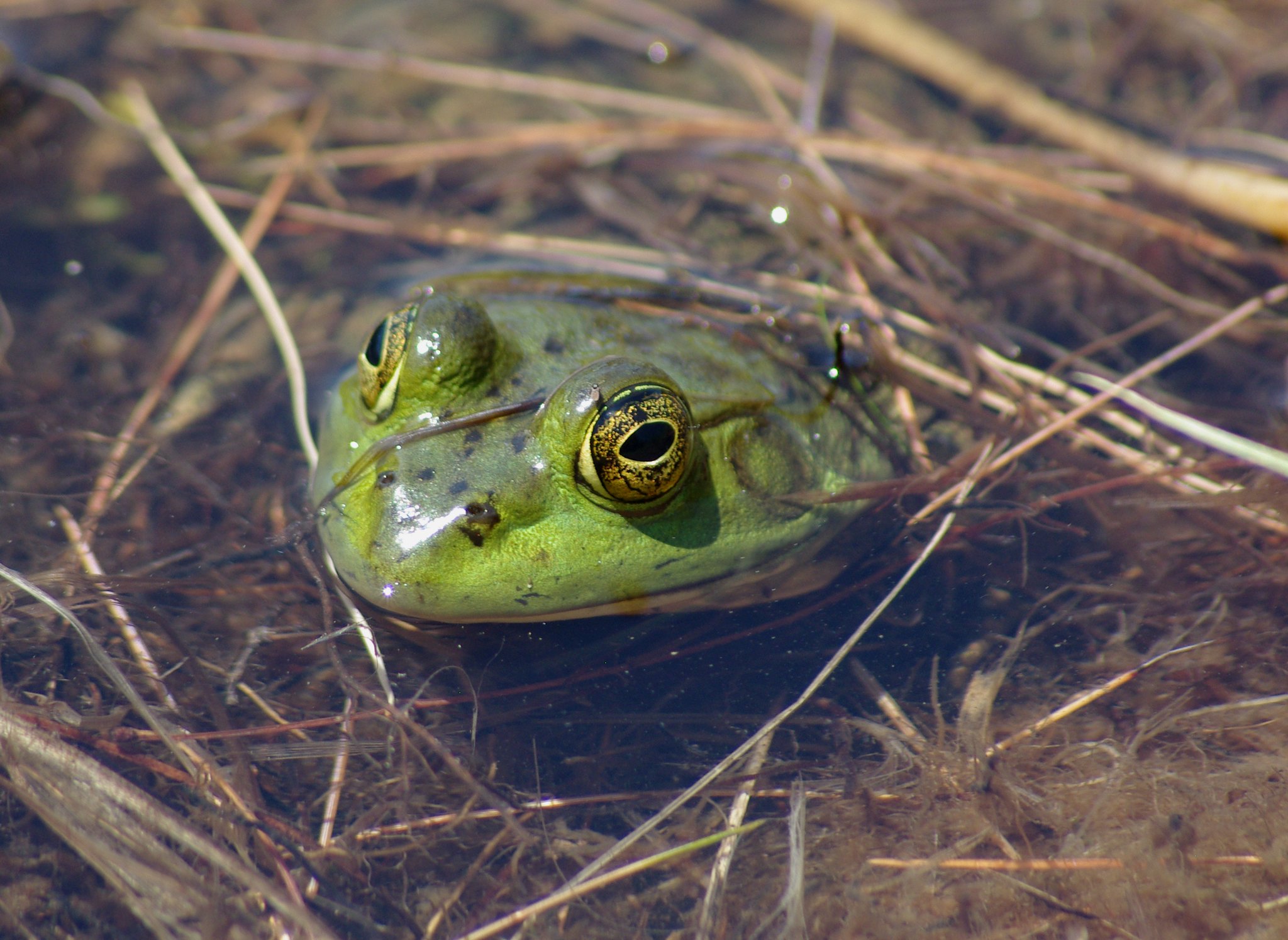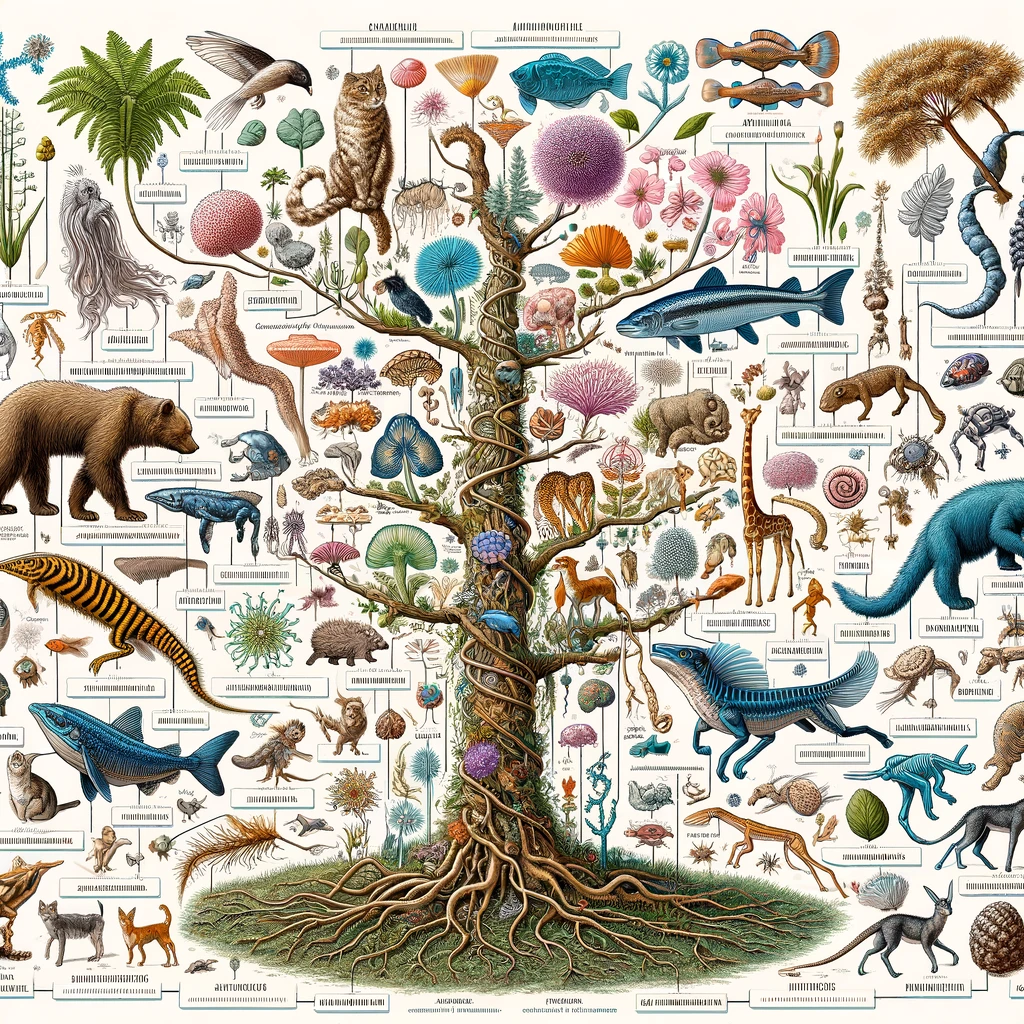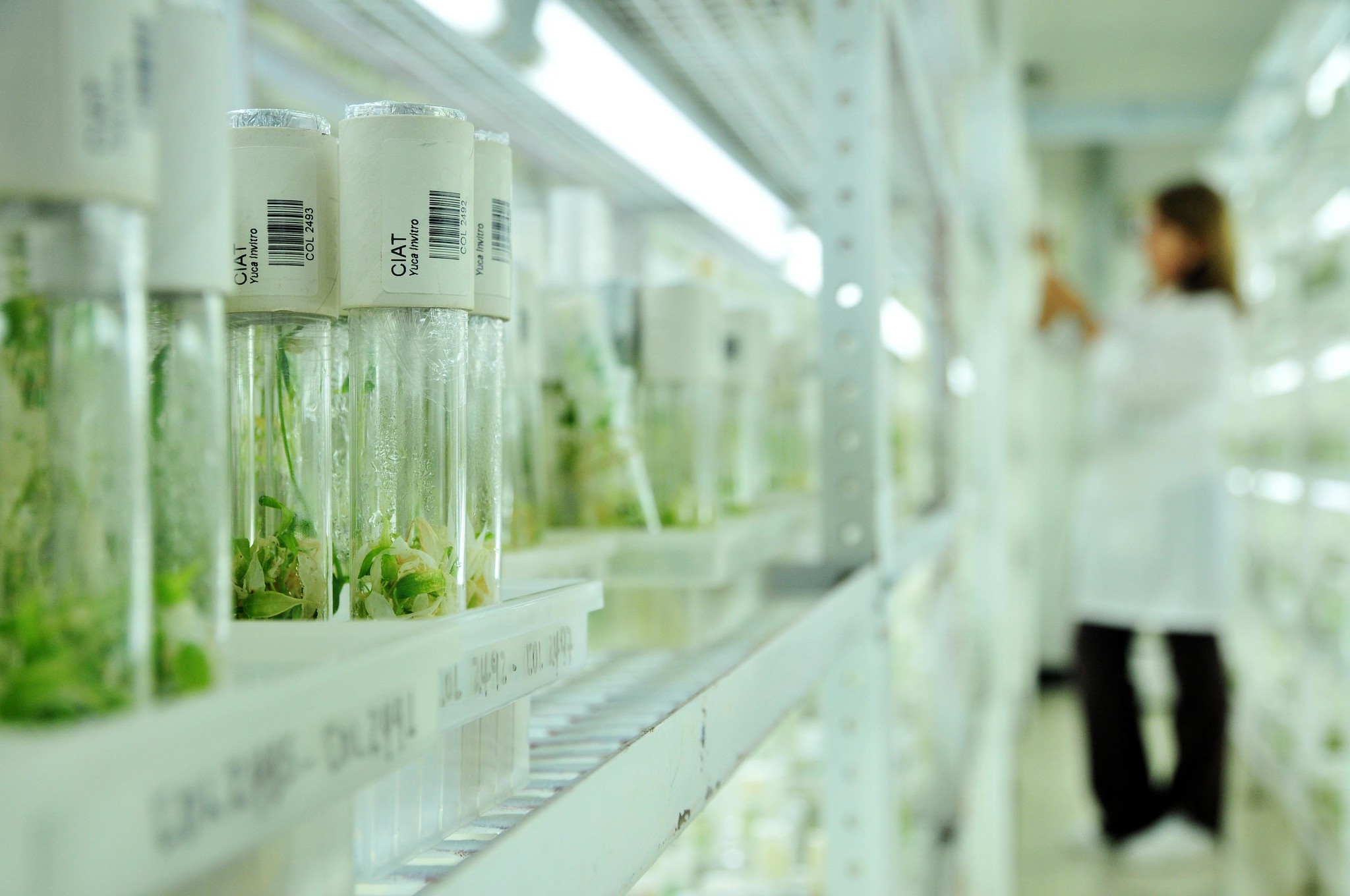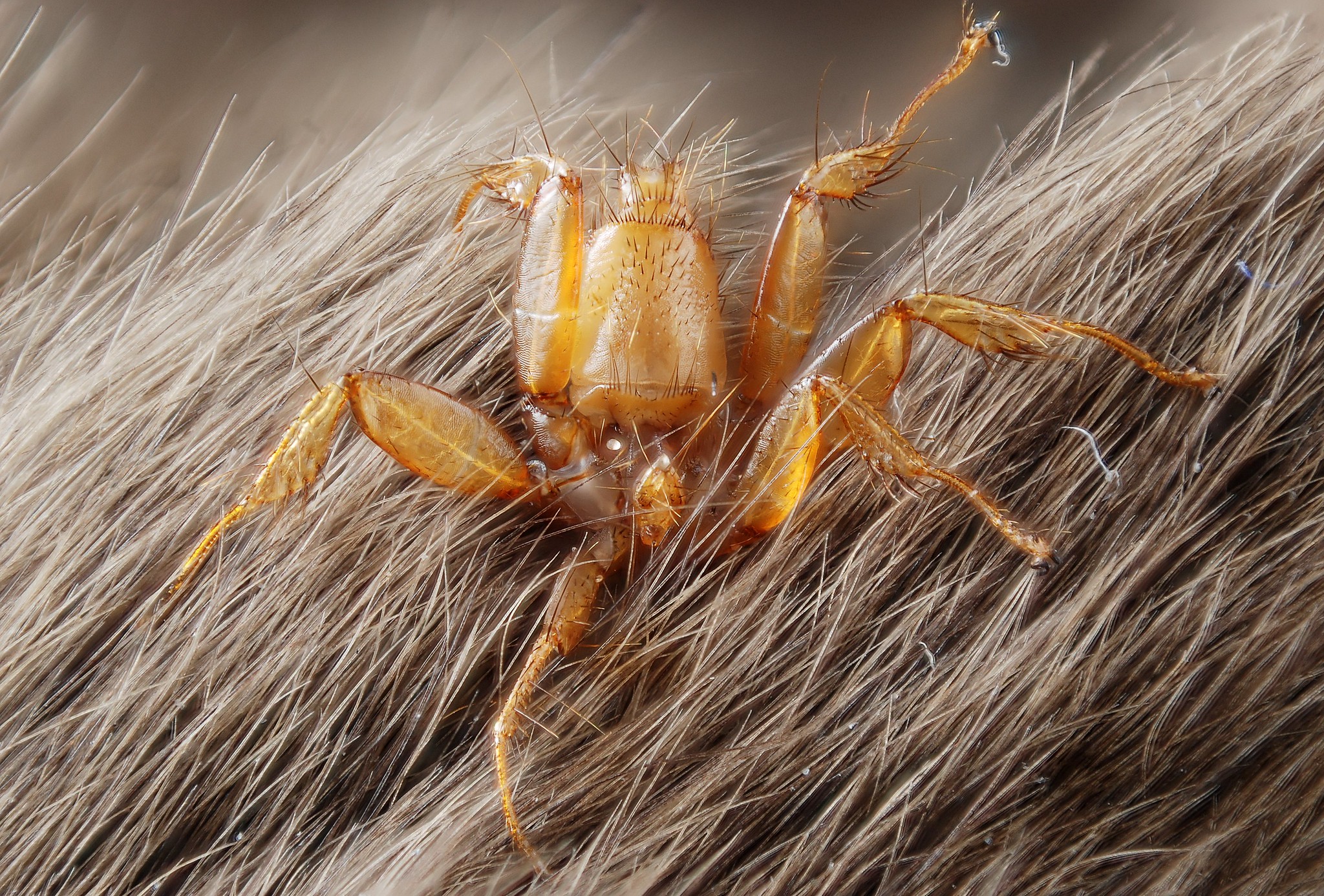
Photosynthesis: Nature’s Solar-Powered Energy Conversion
Unravel ‘photosynthesis’, from Greek ‘photos’ (light) and ‘synthesis’ (to put together), nature’s way of harnessing solar energy.
But you don't know it
The term “biology” refers to the scientific study of life and living organisms. Here’s an overview of its definition, etymology, and origin:

Unravel ‘photosynthesis’, from Greek ‘photos’ (light) and ‘synthesis’ (to put together), nature’s way of harnessing solar energy.

Uncover ‘amphibious’, from Greek ‘amphíbios’, epitomizing life thriving on land and water.

Trace ‘bacteria’s’ etymology from Greek ‘baktēria’, denoting their tiny rod-like forms

Explore ‘skeleton,’ from Greek ‘skeletos’ meaning dried up, to its modern role as the body’s structural framework

Discover kinesis: from Aristotle’s Greek philosophies on motion to its application in modern biology and behaviour.

Explore taxonomy’s evolution from Greek ‘arrangement method’ to the science of naming and classifying life’s diversity.

Gene, derived from Greek ‘genea’ (generation), is a unit of heredity in DNA or RNA coding for specific traits.

Definition of Parasite: A parasite is an organism that lives on or in a host organism and gets its sustenance at the host’s expense. Parasites vary widely and can include plants, animals, and fungi. Some cause little harm to their hosts, while others can be debilitating or even lethal. In[…]

Ecosystem, from Greek ‘oikos’ (home) and ‘-system’, denotes a biological community and its interacting environmental elements.